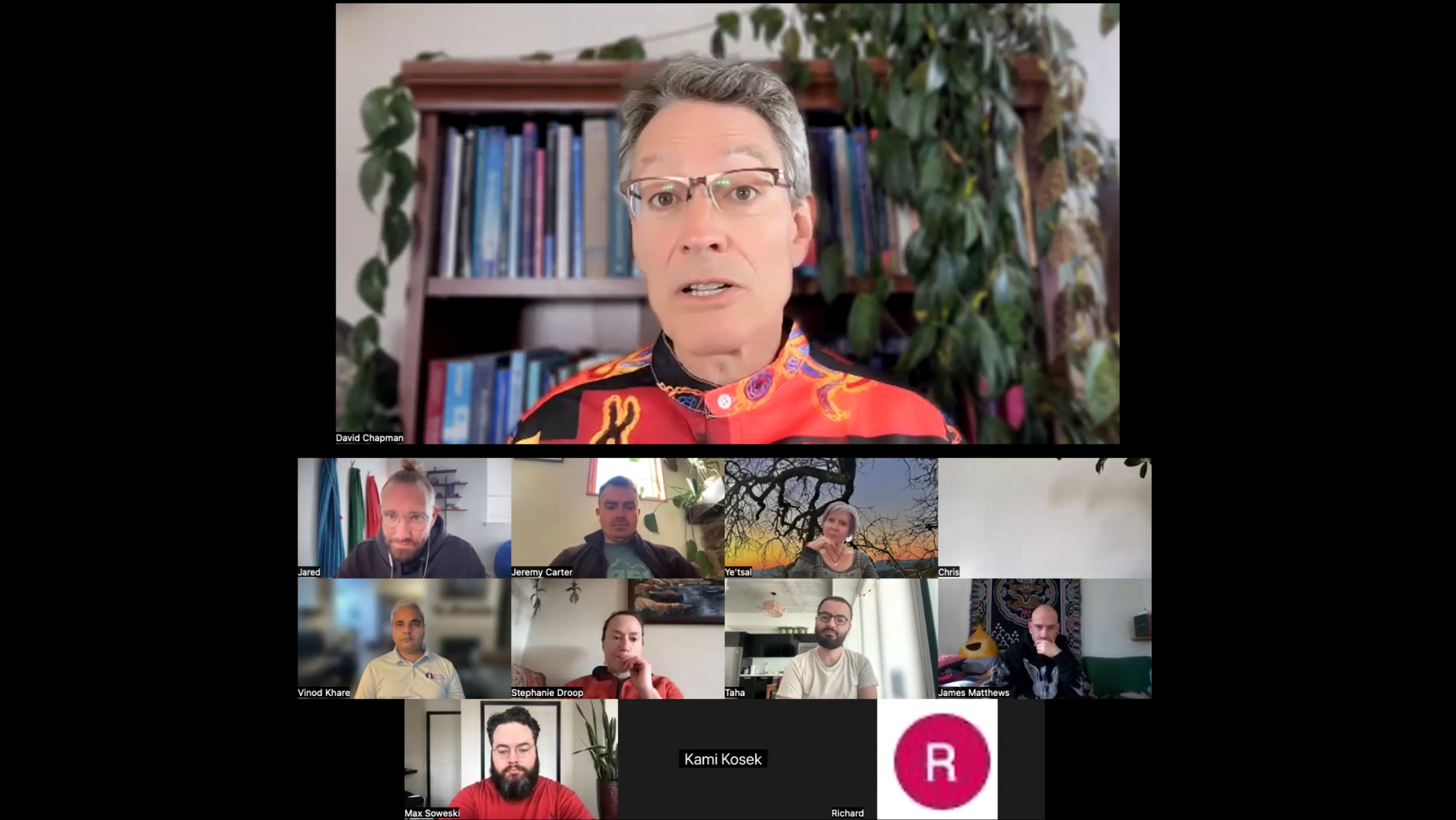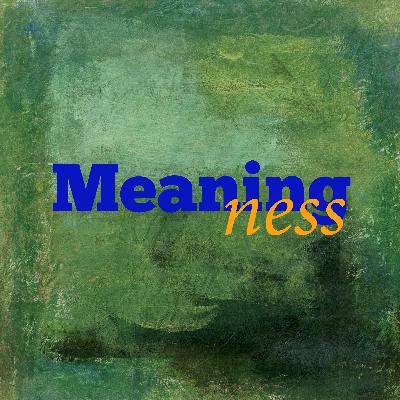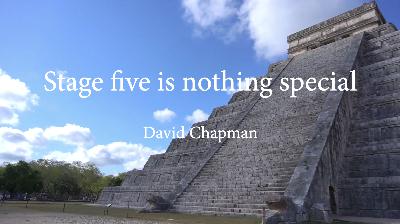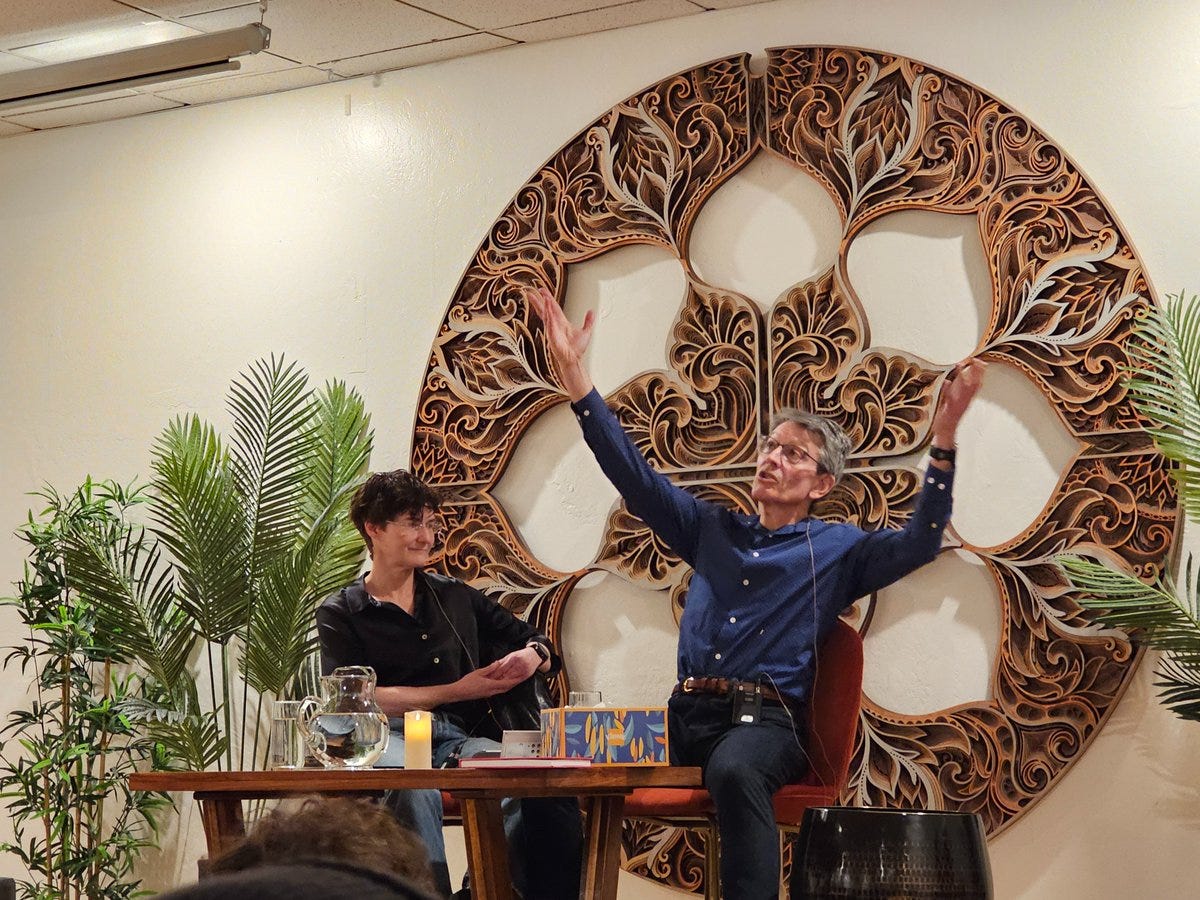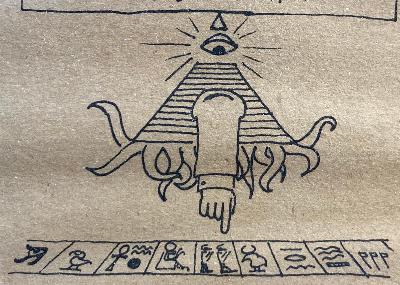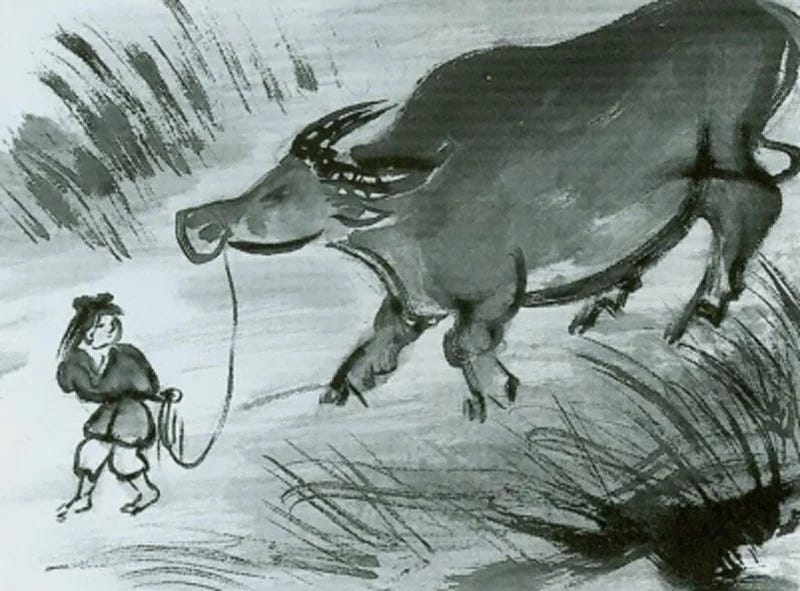Transmitting ways of being, without dominance ploys
Description
We both aim to transmit ways of being. That demands a different mode than conventional teaching, which explains facts, concepts, theories, and procedures.
David attempts to transmit meta-rationality—not a theory or method, but a way of being, namely “actually caring for the concrete situation, including all its context, complexity, and nebulosity, with its purposes, participants, and paraphernalia.”
We both attempt to transmit Vajrayana Buddhism. That is a way of being: it includes elaborate doctrines and practices, but those are not the point. The point is effective beneficent activity, enabled by liberation from fixed patterns of thinking, feeling, and acting.
Vajrayana can be subdivided into Buddhist tantra and Dzogchen. Both include multiple, non-ordinary, centuries-tested ways of transmitting the way of being. Tantra uses elaborate ritual methods, such as abhisheka/wang/empowerment, which David described briefly in “You should be a God-Emperor,” and which we discuss in this podcast episode. Dzogchen relies on obscure non-instructions, as in “A non-statement ain't-framework.”
Traditional Vajrayana demands particular patterns of teacher-student interaction that in the podcast we describe as “gross.” They rely on dominance/submission dynamics, and we don’t believe they work well anymore. Charlie has developed an alternative approach, discussed in the podcast. (Also in “The learning relationship in contemporary Vajrayana” and “How to learn Buddhist tantra.”)
The podcast is a recording of a spontaneous conversation, in which David sought and received advice from Charlie on how to be as a teacher.
Transcript
David: We have these discussions that are really animated and exciting, and usually about 30 minutes into them when we’re more or less done, we say, damn, we should have been recording this.
Charlie: How many times?
David: Yeah, this happens every few days. And this time, 20 minutes into one of them, I said, okay, let’s stop, drop everything, and try and record something, and see. But we’ve now got the context of 20 minutes of animated discussion of a topic. And if we go back over it, it’s not going to be the same, but maybe we can talk about it a bit to introduce it, and then there was some stuff I was going to add on, and that was the point where I thought, okay, maybe we can record that.
Charlie: I remember the conversation starting when you expressed some discomfort around finding that people were beginning to be sycophantic or adulatory or have some response to your writing recently that triggered this reaction of discomfort of, well, can you say more about what that was?
David: Yeah, having started writing on Substack has changed the way I think about relating to an audience in ways that I don’t really understand very well. I want to get a better understanding of my side of the relationship with the audience. And also, what is functional for readers or listeners. And you know, what can I do that’s most useful? And I was seeing that some of the pieces I’ve written recently, and the most recent piece was the God Emperor piece, have gotten a lot of attention in ways that I’m not really completely comfortable with. There’s a sense of: I don’t want to be writing clickbait, I don’t want to be sensationalistic. With both that and The Piss Test, which also went somewhat this way, I wasn’t intending, or mostly not intending to be sensationalistic. I was just trying to explain a thing. There’s bits in there that are kind of deliberately over the top, but that’s just a normal part of how I communicate.
I worry about a number of different dynamics. One is that I might get sucked into writing that kind of piece rather than the much more serious things, and I think the more serious things are more important. Those are the ones that I really want the readers to take onboard. I’m worried about audience capture, where one gradually becomes a caricature of oneself in response to an audience liking a thing and then you do more of that thing and then your audience drifts into being more and more one sided of, they just want that entertainment; and then, you know, you can wind up being stupid.
I said I was uncomfortable with a lot of things, not that it was going to stop me, but that I need to think it through. And one of them is a discomfort with some people going over the top on the fan thing. And you asked me why that’s uncomfortable for me and partly it’s just being autistic and awkward, and not really wanting to be seen in some ways. I said I fear the possible ego inflation that could come with people going on about “Oh, you’re so great,” and some people do that, not a lot, but sometimes it’s kind of over the top. It’s partly how that makes me feel, but it’s more of this sense that they’re putting themselves down by doing that. Sometimes! I mean some people just genuinely offer appreciation, which is very genuine. And I think for them, that’s good. It may make me uncomfortable, but that’s not significant. But I think some people debase themselves in some kind of effort to maybe communicate genuine appreciation? Possibly in some cases it’s manipulative.
And you’d given me a lot of good advice, but we had gotten to talking about the way this functions in traditional Vajrayana, which both of us find really off -putting and just gross.
There’s this social norm of, I mean, it’s called devotion, but it’s, it isn’t devotion. It’s usually fairly fake, and it’s this hyper-effusive adulation combined with this dominance and submission dynamic. You know, I was just writing about master and slave morality. That was my jumping off point for the God Emperor piece, although mostly I just said this is stupid, but people do that. People are behaving like slaves to the lama and that’s just, it’s gross.
Charlie: It’s predictable, it’s very prescribed, it’s the same from one person to another. That’s one of the ways that it’s different to appreciation, which is usually very personal and specific.
David: I’ve been trying for eight years to move into a teaching role. You very kindly have provided a venue for me to start doing that, which is happening the day after tomorrow. So that brings up questions about what is my role? As something like a teacher. You’ve been working with this question for yourself for, well, decades, but especially since forming Evolving Ground four years ago?
Charlie: Yeah.
David: Yeah. You said a little about how you’ve handled that and how you’ve changed the way do it. And how we both feel that avoiding the traditional teacher-student dynamic that comes in Vajrayana, that’s gross. We don’t want that. And yet, there are some aspects of that that are functional and I was suggesting to you a few days ago that, in fact, you have separated yourself from some of the functional parts of that role in order to avoid the dysfunctional parts, and I was encouraging you to pick up a bit more of the functional parts. But you said you wanted to speak about sycophancy in general and how you think about that and how gross it is?
Charlie: Well, so, there’s the whole question of role or not role, or whether, we individually relate to what we are doing as role, and the extent to which we might step into a role.
In Evolving Ground it’s very explicit that role is a fluid concept, and there are some structures that people can move in and out of, including in the in the learning experience. And in the providing, the teaching, the mentoring, whatever. One does not take a fixed role and that is it, always that role in that context.
So there’s a different way that role, and relationship with role, is being offered and explored. But for me personally, it’s not so much about role anymore. It’s much more about how am I in this particular situation with this particular person or this group. What is the dynamic here?
So it’s a question of reading. It’s like I would read a room or a group dynamic or an interaction, and then be responsive in that situation. So it


